After years of delay, climate talks face a new problem: speed
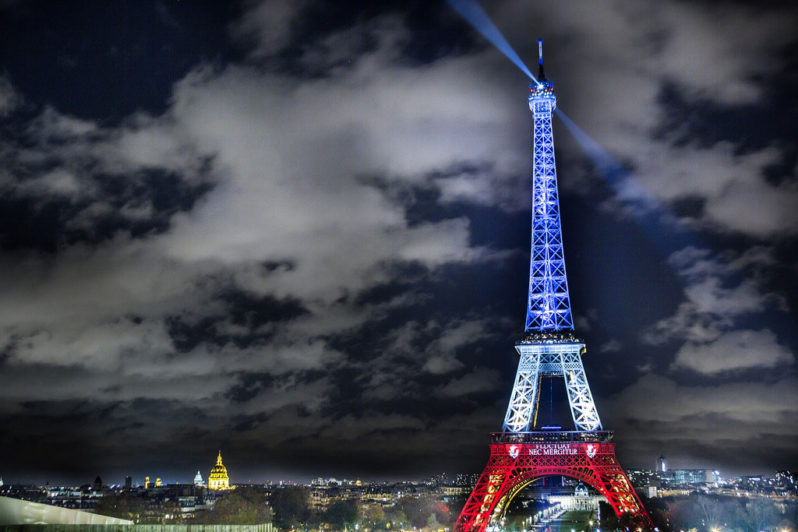
The rapid approval of the agreement – one of the fastest in the history of international deal-making – has happened in large part because a growing number of countries feel the urgency of taking swift action to deal with climate change. But many nations also have an anxious eye on this week’s U.S. elections, where presidential candidate Trump has promised to pull his country out of the climate agreement if elected, analysts said.
UN maritime agency to limit carbon emissions from international shipping
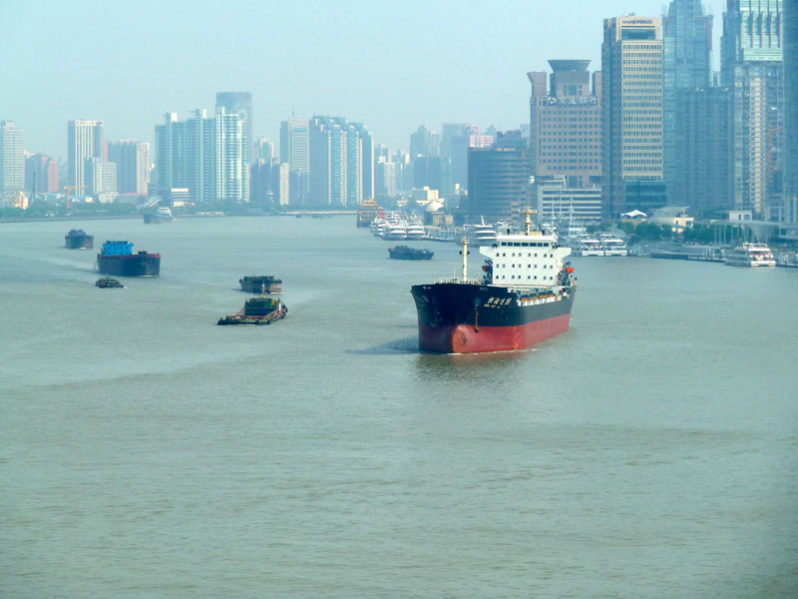
UN Secretary-General Ban Ki called on International Maritime Organization (IMO) members, in partnership with the maritime industry, to promote further progress on the reduction of greenhouse gas emissions from ships to contribute to the objective of the Paris Agreement on climate change, which enters into force on 4 November 2016…
Paris Climate Change Deal Becomes International Law

The Paris Agreement to combat climate change became international law on Friday November 4, 2016 — a landmark deal about tackling global warming amid growing fears that the world is becoming hotter even faster than scientists expected.
Pacific islands kick off global climate deal

The 2015 Paris Agreement formally started on Nov. 4 after winning support from major greenhouse gas emitters led by China and the United States, but legal texts do not specify a time zone where it begins. As a result, it came into effect first in the Pacific region, home to low-lying island states on the front lines of storm surges, disruptions to rainfall and a creeping rise in sea levels.
‘Dramatic’ action needed to cut emissions, slow rise in global temperature
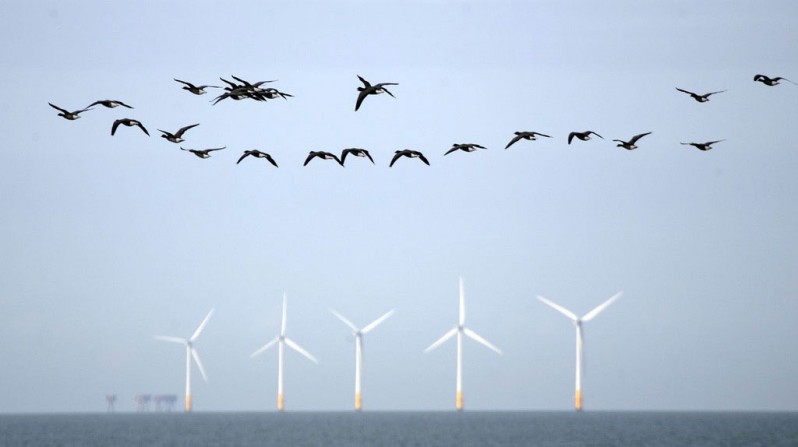
A day before the landmark Paris Agreement on climate change comes into force, the United Nations Environment Programme (UNEP) is urging the world to ‘dramatically’ step up its efforts to cut greenhouse gas emissions – by some 25 per cent more than those pledged in Paris last year – “to meet the stronger, and safer, target of 1.5 degrees Celsius” global temperature rise.
Rio’s famous beaches take battering as scientists issue climate change warning
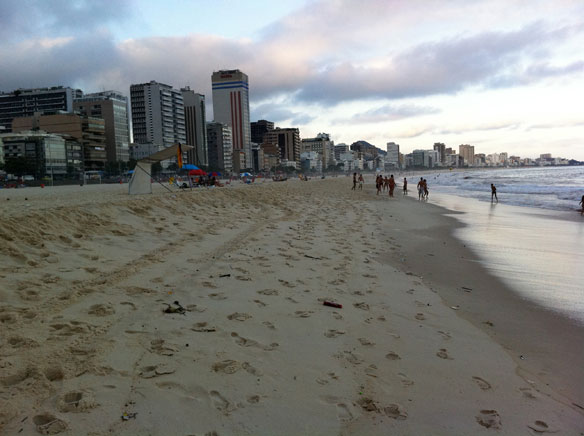
Scientists in Rio de Janeiro have warned that the city’s sea defences may not be able to cope with the effects of climate change after a record storm surge swamped beaches, dumping hundreds of tonnes of sand across nearby roads and buildings. This shows the high degree of vulnerability to climate change in Brazil, which has 7,400km of shoreline and 25% of its population living on the coast.
New, Space-Based View of Human-Made Carbon Dioxide
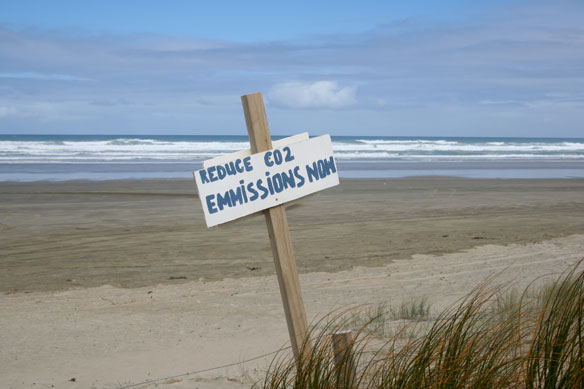
Scientists have produced the first global maps of human emissions of carbon dioxide ever made solely from satellite observations of the greenhouse gas. No satellite before OCO-2 was capable of measuring carbon dioxide in fine enough detail to allow researchers to create maps of human emissions from the satellite data alone.
Studies Offer New Glimpse of Melting Under Antarctic Glaciers
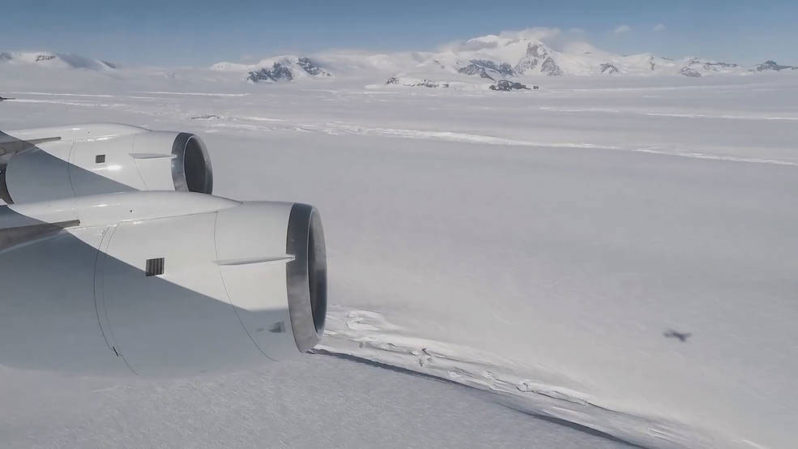
Two new studies by researchers at NASA and the University of California, Irvine (UCI), detect the fastest ongoing rates of glacier retreat ever observed in West Antarctica and offer an unprecedented direct view of intense ice melting from the floating undersides of glaciers.
Concentration of CO2 in atmosphere hits new high: UN

The concentration of carbon dioxide (CO2) in the atmosphere has passed an ominous milestone, ushering the planet into “a new era” of climate change, the UN said Monday.
